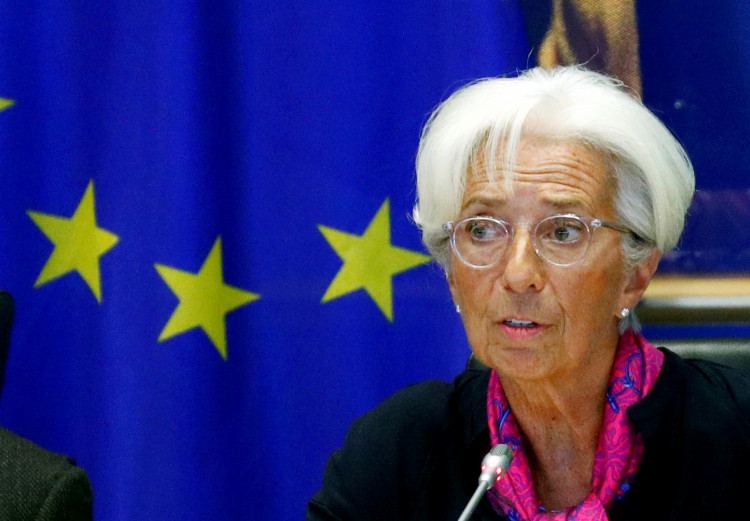The European Central Bank kept interest rates unchanged at 2% on Thursday, signaling a cautious approach as the eurozone economy struggles to gain momentum and uncertainty grows over the fallout from U.S. President Donald Trump's sweeping tariffs.
The decision, announced after the ECB's Governing Council meeting in Frankfurt, was widely expected, with markets pricing in a 99% chance that rates would remain steady. It marks the second consecutive hold since the ECB cut its key deposit facility rate in June, bringing it down from last year's record high of 4%.
"Inflation is currently at around the 2% medium-term target and the Governing Council's assessment of the inflation outlook is broadly unchanged," the ECB said in a statement, adding that it will continue to take a "meeting-by-meeting, data-dependent approach." Eurozone inflation came in at 2.1% in August, roughly in line with the target, leaving the bank under little immediate pressure to move rates further.
Growth in the bloc remains sluggish. Eurozone GDP grew just 0.1% in the second quarter, following a 0.6% expansion in the previous period. A S&P Global purchasing managers' index reading of 51.1 in August signaled slight expansion but underscored the fragility of the recovery.
Trade tensions remain a major headwind. The European Union in July agreed to a 15% ceiling on U.S. tariffs on European exports, offering some certainty but leaving costs significantly higher than pre-Trump levels. Trump has threatened further retaliation, including after the EU's $3.45 billion antitrust fine against Alphabet's Google, raising concerns that transatlantic frictions could worsen.
Attention now turns to ECB President Christine Lagarde's press conference, where markets expect remarks on France's growing fiscal crisis and whether the central bank might intervene to prevent bond-market turmoil. France posted a deficit of 5.8% of GDP last year, and political gridlock in Paris has pushed up borrowing costs.
Lagarde faces the challenge of reassuring investors without signaling that the ECB will backstop governments failing to rein in spending. Analysts warn that hinting at bond purchases for France could calm markets but risk creating moral hazard, while a tough stance could spook investors further.
The ECB's rate stance contrasts with the U.S. Federal Reserve, which has kept the door open for a potential rate cut at its Sept. 17 meeting amid signs of slowing U.S. job growth. Economists expect the ECB could deliver another rate cut later this year if eurozone growth falters further.






